A series of new findings suggest that increasing leisure-time activity and limiting sedentary lifestyles not only benefits health, but also helps slow – and even reverse – the aging process at the molecular level.
Exercise affects the body's "biological clock"
The work of the research team led by Professor Takuji Kawamura (Tohoku University, Japan), published in the journal Aging, has opened a new perspective: regular physical activity, overall fitness and training habits can directly impact biological age.
The concept of epigenetic aging describes molecular changes in DNA that reflect the rate of aging within the body. Scientists use the epigenetic clock to measure this through patterns of DNA methylation – a chemical modification that can influence gene activity.
Unlike “natal age,” biological age reflects the actual state of cells and tissues, which are strongly influenced by lifestyle. Therefore, it is considered a useful tool to study and better understand the aging process.
The Secret of Structured Exercises
Scientists emphasize that any physical activity, including walking or housework, is good for health. However, structured, repetitive, targeted exercise is superior in slowing down epigenetic aging.
Physical fitness—especially cardiovascular health—is also closely linked to aging rates.
Research in mice shows that endurance and resistance exercise significantly reduces age-related molecular changes in their muscle tissue.
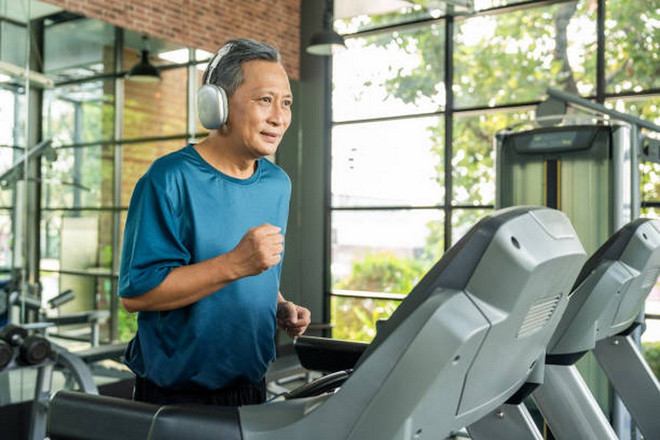
In humans, several studies have shown that exercise interventions lasting several weeks can reduce markers of biological age in blood and skeletal muscle.
One study found that sedentary middle-aged women who did eight weeks of aerobic and resistance training lost two years of their biological age.
Meanwhile, another study found that older men with higher oxygen uptake (an important measure of cardiovascular health) had significantly slower rates of epigenetic aging.
“These results reinforce the notion that maintaining fitness acts as a ‘shield’ against aging, providing comprehensive benefits to multiple organs in the body,” the authors emphasize.
Not only muscles are "rejuvenated"
Initially, research focused primarily on skeletal muscle. But recent evidence suggests that the heart, liver, fat tissue, and even the gut may also benefit from regular exercise.
Notably, Olympic athletes were found to have a significantly slower epigenetic aging process than the general population – evidence that long-term, high-intensity exercise can have lasting anti-aging effects.
However, scientists also note that not everyone responds the same way to the same exercise regimen. More research is needed to understand why this difference exists, as well as to determine how different types of exercise affect different organs. This opens the way for personalized exercise programs that maximize anti-aging effects.
Exercises to help "rejuvenate" biological age
Do cardio (get your heart rate up): Brisk walking, jogging, cycling, swimming, or taking a group fitness class helps increase cardiovascular endurance, improve circulation, and burn calories.
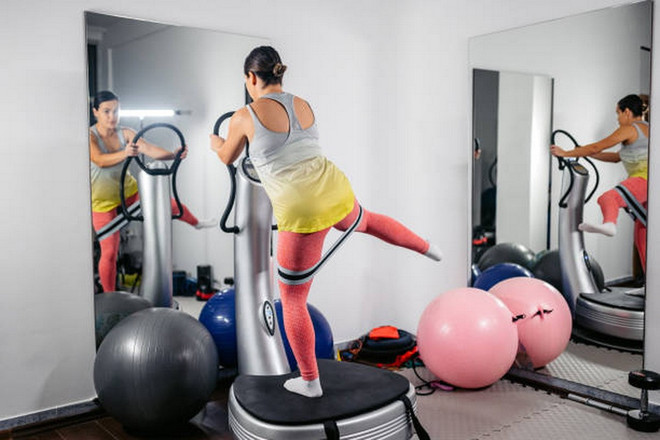
Strength training: Exercises using weights, resistance bands, or body weight help maintain muscle mass, increase strength, and prevent osteoporosis.
Compound exercises: Squat, deadlift, bench press… simultaneously impact many muscle groups, improving the effectiveness of building overall body strength.
Tips for effective and safe exercise
Combine cardio and strength training for optimal benefits.
Maintain at least 150 minutes of moderate-intensity exercise or 75 minutes of vigorous-intensity exercise per week, as recommended by WHO.
Beginners should start with a light warm-up, gradually increasing intensity and duration to avoid injury.
It's best to consult your doctor or trainer before starting a new exercise program.
In other words, exercise not only helps you become healthier every day but can also slow down or reverse your biological clock, giving your body a longer youthful life./.
Source: https://www.vietnamplus.vn/khoa-hoc-chung-minh-tap-the-duc-thuc-su-co-the-dao-nguoc-tuoi-sinh-hoc-cua-ban-post1058068.vnp


![[Photo] Worshiping the Tuyet Son statue - a nearly 400-year-old treasure at Keo Pagoda](/_next/image?url=https%3A%2F%2Fvphoto.vietnam.vn%2Fthumb%2F1200x675%2Fvietnam%2Fresource%2FIMAGE%2F2025%2F12%2F02%2F1764679323086_ndo_br_tempimageomw0hi-4884-jpg.webp&w=3840&q=75)
![[Photo] Parade to celebrate the 50th anniversary of Laos' National Day](/_next/image?url=https%3A%2F%2Fvphoto.vietnam.vn%2Fthumb%2F1200x675%2Fvietnam%2Fresource%2FIMAGE%2F2025%2F12%2F02%2F1764691918289_ndo_br_0-jpg.webp&w=3840&q=75)




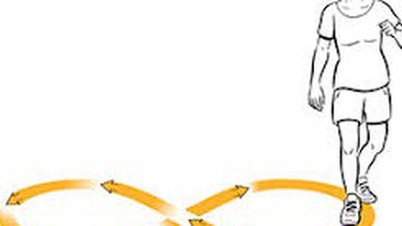



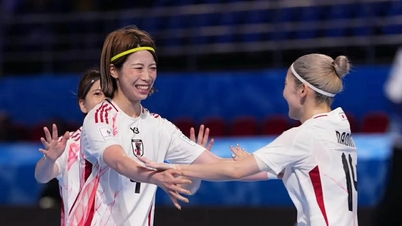




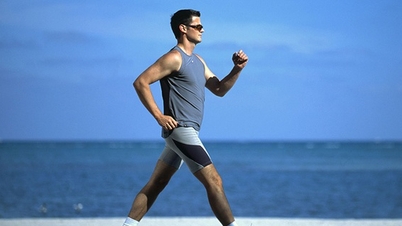


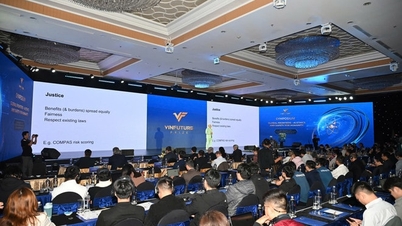




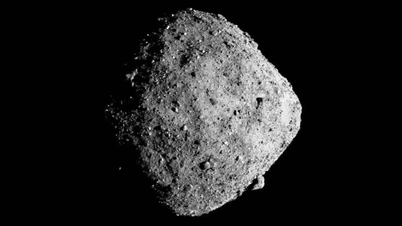




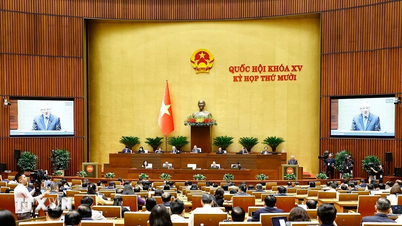
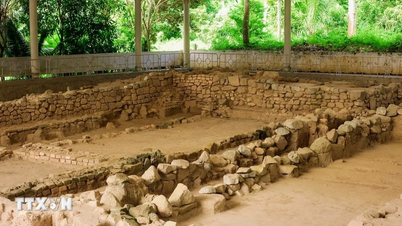


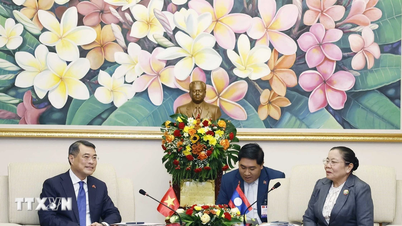





![[Video] Protecting World Heritage from Extreme Climate Change](https://vphoto.vietnam.vn/thumb/402x226/vietnam/resource/IMAGE/2025/12/03/1764721929017_dung00-57-35-42982still012-jpg.webp)




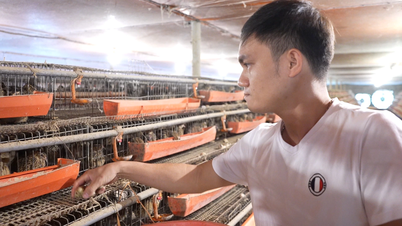


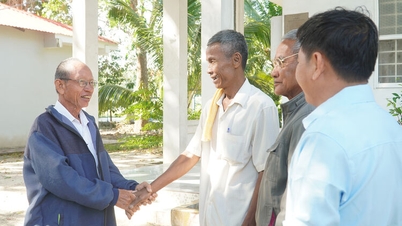

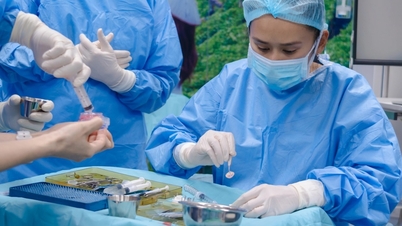

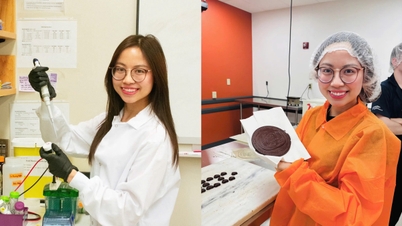






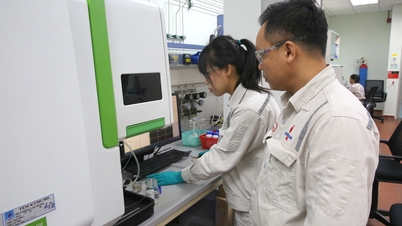

















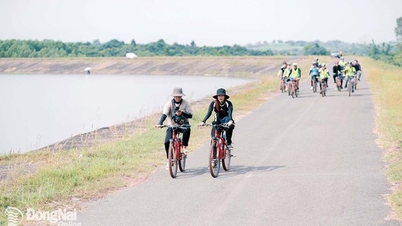



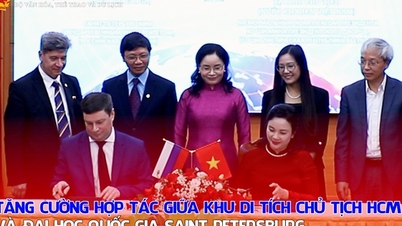


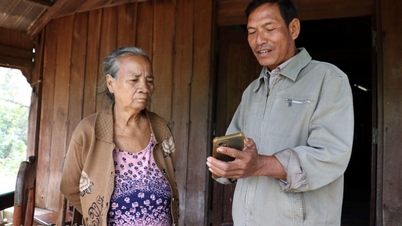



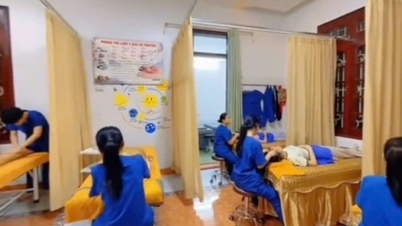

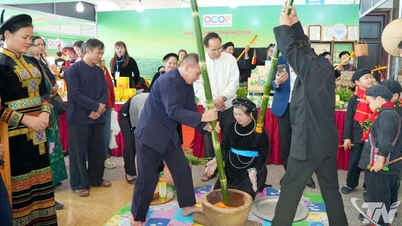











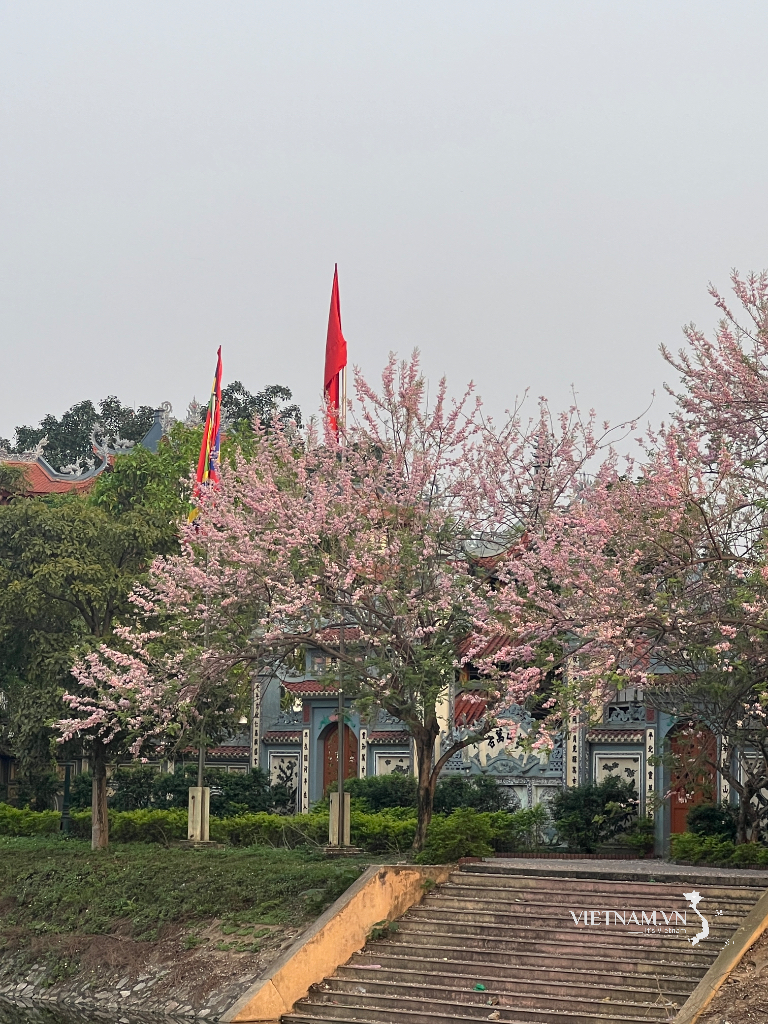


Comment (0)